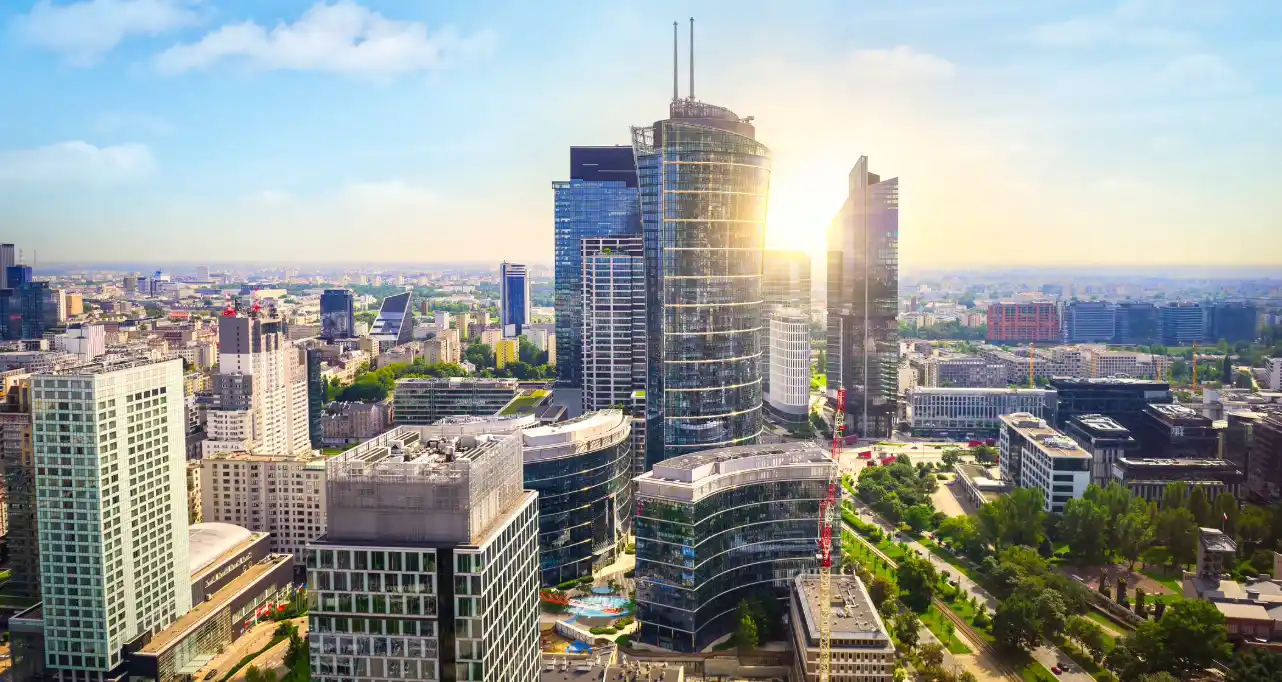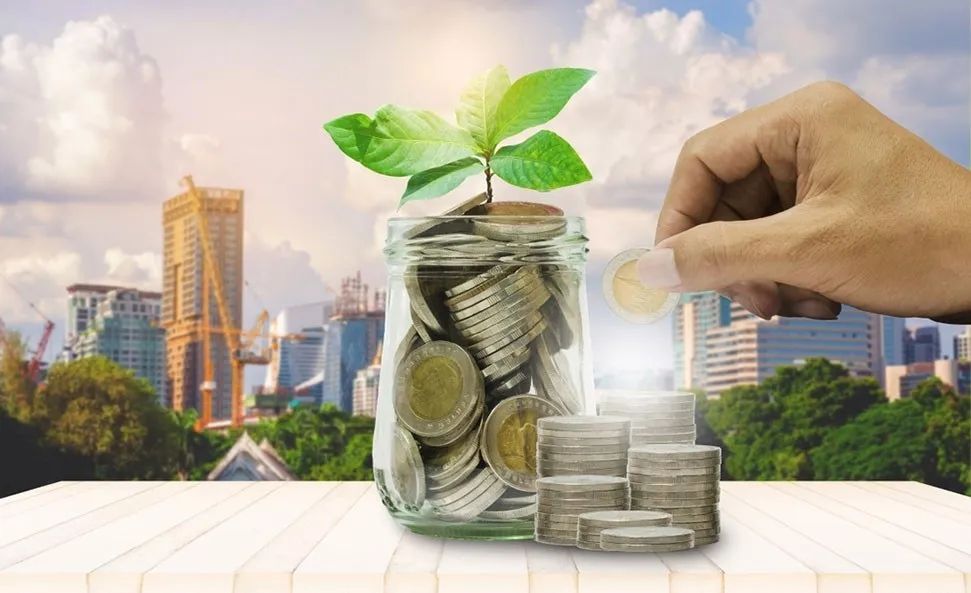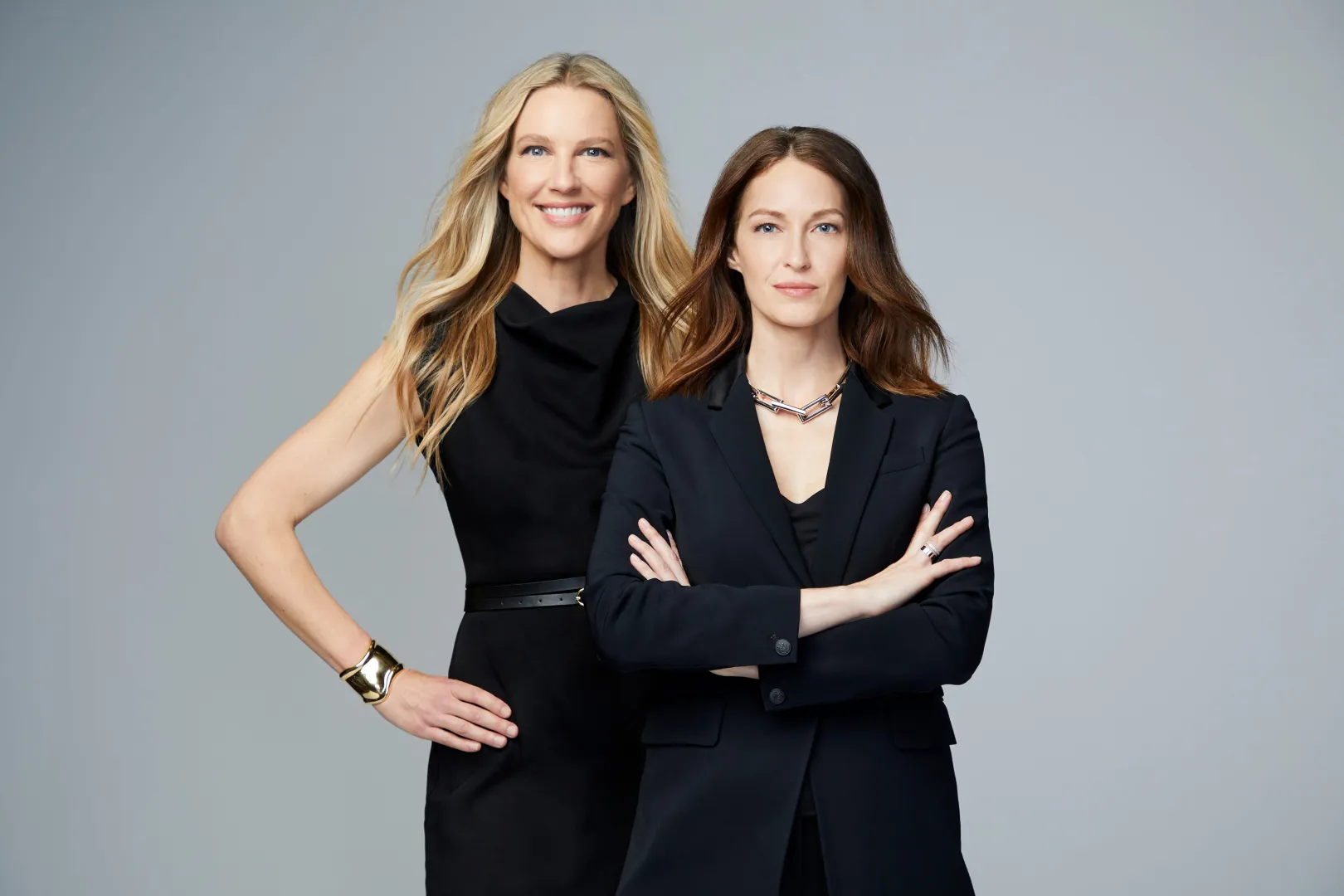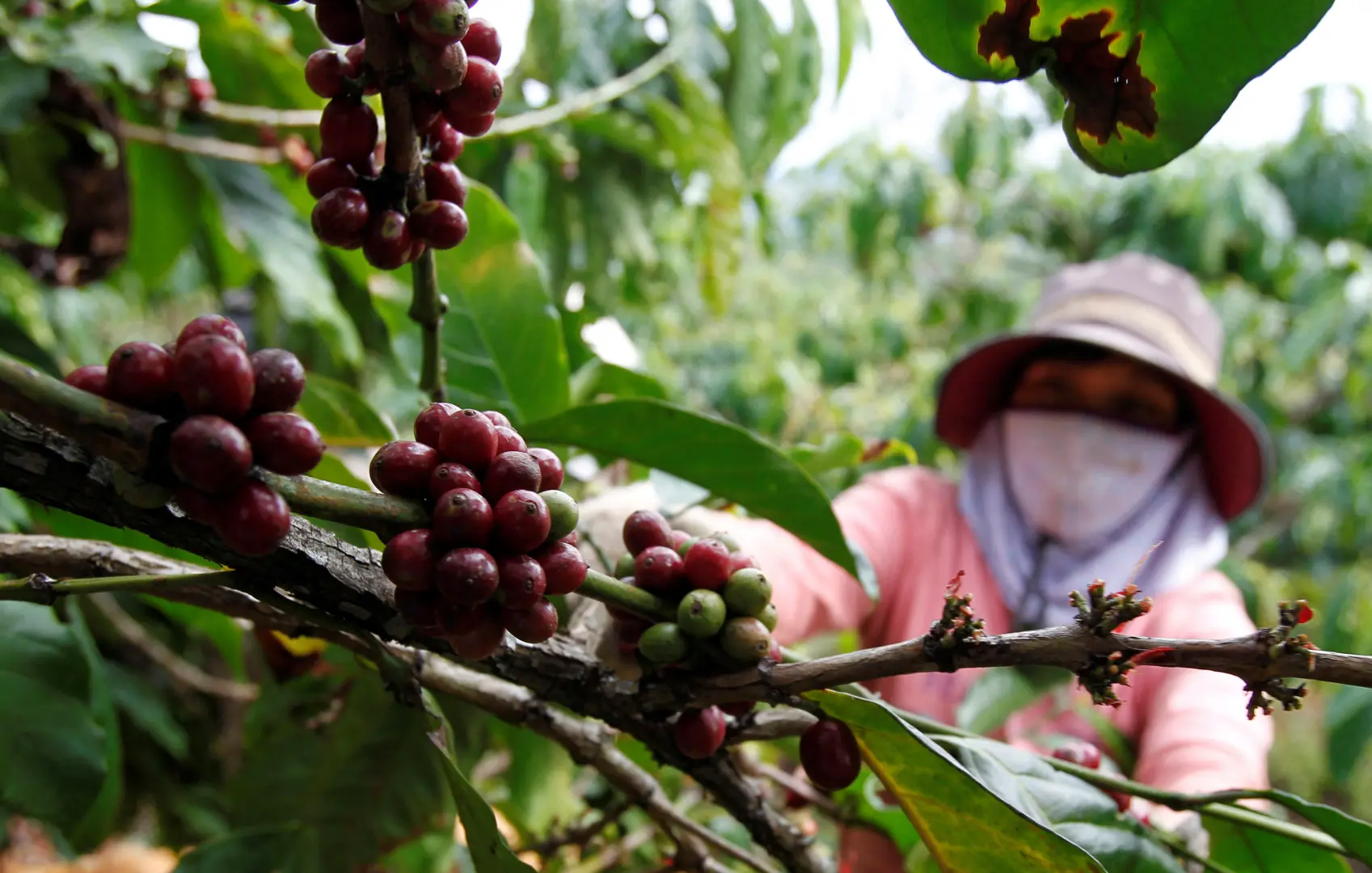The United Arab Emirates has solidified its position as one of Africa’s most strategic investment partners, ranking fourth globally behind the United States, China, and the European Union, according to Abdulla bin Touq Al Marri, Minister of Economy and Tourism. Speaking at the UAE–Africa Tourism Investment Summit 2025 held at Madinat Jumeirah in Dubai, Bin Touq revealed that total UAE investments in Africa exceeded $110 billion between 2019 and 2023, marking a transformative era in cross-continental economic cooperation.
Build the future you deserve. Get started with our top-tier Online courses: ACCA, HESI A2, ATI TEAS 7, HESI EXIT, NCLEX-RN, NCLEX-PN, and Financial Literacy. Let Serrari Ed guide your path to success. Enroll today.
Renewable Energy Leading the Investment Charge
Of the total $110 billion investment portfolio, more than $70 billion has been strategically directed toward green, energy, and renewable energy sectors, underscoring the UAE’s leadership position among Arab and Gulf Cooperation Council (GCC) investors on the African continent. This substantial commitment to sustainable energy infrastructure positions the UAE as a pioneering force in Africa’s energy transition, addressing critical gaps left by traditional Western investors who have scaled back their commitments in recent years.
The renewable energy investments come at a crucial time for Africa, where nations are desperately seeking funding for their energy transitions. According to Ahmed Aboudouh, associate fellow at Chatham House, “African countries are in dire need of this money for their own energy transitions.” The UAE’s commitment significantly exceeds investments from traditional players such as the United Kingdom, France, and even China, which have historically dominated African infrastructure development.
Tourism Summit Unveils Ambitious Job Creation Plans
The UAE–Africa Tourism Investment Summit 2025, held under the patronage of His Highness Sheikh Mohammed bin Rashid Al Maktoum, Vice President and Prime Minister of the UAE and Ruler of Dubai, featured unprecedented participation from more than 20 African countries. The summit showcased over 100 investment projects valued at more than $6 billion, initiatives that are projected to create more than 70,000 jobs across the African continent.
The summit, themed “Building Bridges for Sustainable Growth,” brought together over 350 participants from 53 African nations, including ministers, senior government officials, decision-makers, investors, and entrepreneurs. This extensive participation underscores the growing recognition of the UAE’s pivotal role in supporting effective and sustainable investments throughout Africa.
“The summit featured investment cooperation opportunities between the UAE and more than 20 African countries,” Bin Touq announced in his statements to the Emirates News Agency (WAM). The participation of numerous African ministers in discussions focused on enhancing the tourism sector highlights the UAE’s increasingly influential position in shaping Africa’s economic development trajectory.
Strategic Sectors Driving UAE-Africa Partnerships
The Minister of Economy and Tourism emphasized that the UAE serves as a leading and strategic partner in African investment, with economic and investment ties expanding rapidly across multiple sectors. Tourism ranks among the top five Emirati investment sectors in Africa, alongside energy, infrastructure, logistics, and real estate—all critical components for sustainable economic development across the continent.
Major Emirati corporations are at the forefront of this investment wave. Dubai’s DP World, one of the world’s largest port operators, currently manages six African ports and has become a cornerstone of the continent’s logistics infrastructure. The company operates facilities in nine African countries, including Algeria, Angola, Djibouti, Egypt, Mozambique, Nigeria, Rwanda, Senegal, and South Africa.
Abu Dhabi Ports has similarly expanded its footprint, establishing operations in strategically important locations such as Guinea, Egypt, and Angola. These port investments are being complemented by renewable energy initiatives, with DP World partnering with Masdar, the UAE’s clean energy champion, to implement solar and battery energy storage systems across its African port operations.
Mining and Natural Resources Investments
Beyond ports and renewable energy, UAE investors have made significant inroads into Africa’s mining sector. In a landmark deal that surprised industry observers, International Resource Holdings, a company linked to Sheikh Tahnoon bin Zayed, secured a $1.1 billion agreement for a 51 percent stake in Zambia’s Mopani Copper Mines. This investment is expected to revitalize the struggling mine, preserve jobs, and boost Zambia’s copper production capacity.
The UAE’s investment strategy also extends to carbon credit markets and sustainable forestry. Sheikh Ahmed Dalmook al-Maktoum, a member of Dubai’s royal family, has entered into agreements since 2022 to sell carbon credits from forests that constitute substantial portions of several African nations—including 8% of Tanzania, 10% of Liberia, 10% of Zambia, and 5% of Zimbabwe.
Tourism: A Cornerstone of Economic Cooperation
Bin Touq stressed that tourism and investment partnerships with African nations represent a strategic pillar for expanding opportunities for Emirati companies, opening new markets, and facilitating knowledge exchange—all of which strengthen economic integration and enhance national competitiveness for both regions.
The minister elaborated on the UAE’s commitment to its role as an active development partner, stating that hosting the summit reflects the country’s dedication to enhancing its investment presence and fostering productive partnerships. The goal is to create a new tourism investment map linking the UAE and Africa, elevating bilateral relations to unprecedented levels of progress and prosperity.
Africa’s tourism sector presents enormous untapped potential. The continent welcomed over 74 million international visitors recently, with the hospitality sector expanding by more than 13 percent annually. Prior to the COVID-19 pandemic, the sector supported over 22 million jobs and contributed approximately $180 billion to Africa’s GDP. Industry estimates suggest that the travel and tourism industry could add approximately $168 billion to Africa’s economy and generate more than 18 million new jobs over the next decade.
UAE’s Domestic Tourism Investment Growth
On the domestic front, Bin Touq highlighted the summit’s importance in showcasing promising investment opportunities within the UAE’s markets, particularly in business tourism, luxury hotels, and sustainable eco-tourism initiatives. The numbers reflect the UAE’s robust tourism sector performance and its attractiveness as an investment destination.
Tourism investments in the UAE reached AED 28.8 billion in 2023, demonstrating strong momentum in the sector’s recovery and growth following the pandemic. This figure rose significantly to AED 32.2 billion in 2024, representing an increase of approximately 11.8 percent year-over-year. Projections indicate that tourism investments will continue their upward trajectory, expected to reach AED 35.2 billion in 2025, reflecting the country’s ongoing efforts to provide exceptional investment opportunities and maintain its position as a global tourism hub.
These impressive investment figures align with the UAE National Tourism Strategy 2031, which aims to elevate the UAE’s status as the premier global tourism identity, increase the sector’s contribution to GDP to AED 450 billion, attract AED 100 billion in new investments, and welcome 40 million hotel guests by 2031.
Air Connectivity Strengthening Regional Ties
The UAE’s investment in Africa is supported by robust air connectivity between the two regions. According to Bin Touq, air traffic between the UAE and the African continent has witnessed remarkable growth, with approximately 550 weekly flights operated by both Emirati and African airlines. This extensive air network plays a crucial role in connecting both regions, enhancing opportunities for cooperation and integration across transportation, tourism, and logistics sectors.
The strong air connectivity facilitates not only tourism flows but also business travel, trade, and cultural exchanges, creating a comprehensive ecosystem that supports the broader investment relationship between the UAE and African nations.
Infrastructure and Digital Transformation Focus
Beyond traditional sectors, UAE investments are increasingly focusing on digital infrastructure and technological transformation. The investment portfolio encompasses logistics corridors, digital infrastructure projects, and initiatives aimed at enhancing Africa’s connectivity to global markets. These investments recognize that modern economic development requires not just physical infrastructure but also the digital backbone necessary for 21st-century commerce and communication.
The Future Hospitality Summit (FHS World 2025), of which the UAE-Africa Tourism Investment Summit was a cornerstone component, provided a premium platform for investors, hotel owners, and operators in the hospitality industry to connect, network, and drive the future of hospitality. The summit, which marked its 20th anniversary in the UAE, connects investment opportunities and projects from the Middle East, Europe, Africa, Asia, and the Americas to C-level hospitality decision-makers.
One decision can change your entire career. Take that step with our Online courses in ACCA, HESI A2, ATI TEAS 7, HESI EXIT, NCLEX-RN, NCLEX-PN, and Financial Literacy. Join Serrari Ed and start building your brighter future today.
Addressing Challenges and Concerns
While African leaders have largely welcomed the UAE’s investment surge, some analysts and activists have raised important concerns about labor rights, environmental standards, and transparency in certain ventures. Critics point to the UAE’s record on migrant worker labor rights and question whether Emirati investments will uphold adequate environmental protections and social safeguards.
Research by the Swiss NGO Swissaid revealed concerning discrepancies in gold trade, reporting $115.3 billion in unaccounted gold exports to Dubai from Africa between 2012 and 2022. Ken Opalo of Georgetown University noted, “There is also the opportunity for the attention to breed criminality—like we are seeing in the gold sector.”
Additionally, some high-profile projects have faced implementation challenges. A $34 billion green hydrogen project in Mauritania remains at the memorandum stage, while Masdar’s $2 billion solar energy project in Zambia has encountered delays due to financial instability at ZESCO, the country’s state-owned electricity provider.
Strategic Rationale Behind UAE’s Africa Focus
The UAE’s massive investment in Africa aligns with its broader strategic objectives of economic diversification beyond oil and gas. As global energy markets transition toward renewable sources, the UAE is positioning itself as a key player in the clean energy economy while simultaneously securing access to critical minerals and resources necessary for this transition.
The investments also reflect geopolitical considerations. By establishing strong economic ties with African nations, the UAE is building diplomatic influence across a continent that is home to 54 countries and represents a significant voting bloc in international organizations. This economic engagement provides the UAE with strategic partnerships that extend beyond mere commerce.
Maddalena Procopio, a senior policy expert at the European Council on Foreign Relations, noted that the UAE’s investment strategy extends across multiple African regions, reflecting the country’s growing interest in expanding connectivity not just within Africa but also with the Americas, particularly Latin America.
Private Sector Engagement and Knowledge Transfer
The summit emphasized the importance of private sector participation in shaping Africa’s tourism future. Six panel discussions covered vital topics including growth opportunities and tourism cooperation between the UAE and Africa across public and private sectors, the role of tourism as a key driver of economic growth in African countries, ways to enhance investment in tourism infrastructure and services to accelerate sustainable economic and social development, global financing opportunities in the hospitality sector, and the pivotal role of the private sector in African tourism development.
A high-level ministerial roundtable held on the sidelines of the summit, with participation from more than 20 African ministers, explored ways to strengthen tourism as a key engine for economic growth and sustainable development in Africa. The session also highlighted the UAE’s pioneering tourism model, which has successfully demonstrated the sector’s ability to attract global investment and diversify the national economy.
Looking Toward a Collaborative Future
Under the guidance of the UAE’s leadership, the country remains steadfastly committed to its role as an active development partner for Africa. The hosting of the summit, as Bin Touq emphasized, reflects the UAE’s commitment to enhancing its investment presence and fostering productive partnerships that create tangible benefits for both regions.
The minister noted that between 2019 and 2023, Emirati companies invested more than $110 billion in new projects across Africa, positioning the UAE among the world’s top four investors on the continent—after the United States, China, and the European Union—and as the leading global investor in terms of new project volume. These investments span key sectors such as renewable energy, tourism destinations, logistics corridors, and digital infrastructure, reflecting the UAE’s belief that driving sustainable development in Africa is not only vital for the continent’s future but also essential for global growth and long-term economic stability.
The Role of Over 21,000 African Companies in UAE
The economic relationship between the UAE and Africa is notably bidirectional. The UAE is home to more than 21,000 African companies that operate across key economic sectors, benefiting from the country’s strategic location, world-class infrastructure, and business-friendly environment. These companies contribute to the UAE’s economic diversity while maintaining strong ties to their African home markets, creating networks of trade and investment that flow in both directions.
The UAE’s position as a leading export destination for African markets further strengthens these bilateral ties, with Emirati ports serving as crucial gateways connecting African producers to Asian, European, and American consumers.
Sustainable Development Goals Alignment
The UAE’s investment strategy in Africa explicitly aligns with global Sustainable Development Goals (SDGs), particularly those related to affordable and clean energy (SDG 7), decent work and economic growth (SDG 8), industry, innovation and infrastructure (SDG 9), and partnerships for the goals (SDG 17). By focusing investments on renewable energy, job creation, infrastructure development, and collaborative partnerships, the UAE is contributing to the achievement of multiple SDG targets simultaneously.
Bin Touq highlighted this commitment during his participation at various international forums, including the first ministerial meeting to advance climate action in the tourism sector held during COP29 in Baku, Azerbaijan. The UAE’s success in hosting COP28 the previous year demonstrated its commitment to accelerating climate action at regional and global levels, achievements that are now being translated into concrete investments in Africa’s green economy.
Future Horizons for UAE-Africa Relations
As the UAE continues to deepen its engagement with Africa, the relationship appears poised for further expansion. The combination of Africa’s abundant natural resources, young and growing population, and untapped tourism potential with the UAE’s capital, expertise, and global connectivity creates a powerful synergy with significant potential for mutual benefit.
The tourism sector alone represents an extraordinary opportunity. With Africa’s cultural heritage, wildlife, natural beauty, and diverse landscapes, coupled with improving infrastructure and services supported by UAE investments, the continent is positioned to capture a growing share of global tourism flows. The UAE’s experience in building world-class tourism infrastructure—from hotels and resorts to transportation networks and entertainment destinations—provides valuable blueprints that African nations can adapt to their unique contexts.
Looking ahead, the partnership between the UAE and Africa will likely continue evolving, with both regions working to ensure that investments deliver sustainable benefits to local communities while generating appropriate returns for investors. The challenge will be maintaining this balance while addressing legitimate concerns about labor standards, environmental protection, and transparent governance.
The UAE’s position as Africa’s fourth-largest global investor, with $110 billion in committed capital and ambitious plans for further expansion, marks a new chapter in South-South cooperation and cross-continental economic partnership. As both regions navigate the complexities of the 21st-century global economy, their collaborative approach to development, investment, and sustainable growth may serve as a model for other emerging economies seeking to forge mutually beneficial international partnerships.
Ready to take your career to the next level? Join our Online courses: ACCA, HESI A2, ATI TEAS 7 , HESI EXIT , NCLEX – RN and NCLEX – PN, Financial Literacy!🌟 Dive into a world of opportunities and empower yourself for success. Explore more at Serrari Ed and start your exciting journey today! ✨
Track GDP, Inflation and Central Bank rates for top African markets with Serrari’s comparator tool.
See today’s Treasury bonds and Money market funds movement across financial service providers in Kenya, using Serrari’s comparator tools.
photo source: Google
By: Montel Kamau
Serrari Financial Analyst
28th October, 2025
Article, Financial and News Disclaimer
The Value of a Financial Advisor
While this article offers valuable insights, it is essential to recognize that personal finance can be highly complex and unique to each individual. A financial advisor provides professional expertise and personalized guidance to help you make well-informed decisions tailored to your specific circumstances and goals.
Beyond offering knowledge, a financial advisor serves as a trusted partner to help you stay disciplined, avoid common pitfalls, and remain focused on your long-term objectives. Their perspective and experience can complement your own efforts, enhancing your financial well-being and ensuring a more confident approach to managing your finances.
Disclaimer: This article is for informational purposes only and does not constitute financial advice. Readers are encouraged to consult a licensed financial advisor to obtain guidance specific to their financial situation.
Article and News Disclaimer
The information provided on www.serrarigroup.com is for general informational purposes only. While we strive to keep the information up to date and accurate, we make no representations or warranties of any kind, express or implied, about the completeness, accuracy, reliability, suitability, or availability with respect to the website or the information, products, services, or related graphics contained on the website for any purpose. Any reliance you place on such information is therefore strictly at your own risk.
www.serrarigroup.com is not responsible for any errors or omissions, or for the results obtained from the use of this information. All information on the website is provided on an as-is basis, with no guarantee of completeness, accuracy, timeliness, or of the results obtained from the use of this information, and without warranty of any kind, express or implied, including but not limited to warranties of performance, merchantability, and fitness for a particular purpose.
In no event will www.serrarigroup.com be liable to you or anyone else for any decision made or action taken in reliance on the information provided on the website or for any consequential, special, or similar damages, even if advised of the possibility of such damages.
The articles, news, and information presented on www.serrarigroup.com reflect the opinions of the respective authors and contributors and do not necessarily represent the views of the website or its management. Any views or opinions expressed are solely those of the individual authors and do not represent the website's views or opinions as a whole.
The content on www.serrarigroup.com may include links to external websites, which are provided for convenience and informational purposes only. We have no control over the nature, content, and availability of those sites. The inclusion of any links does not necessarily imply a recommendation or endorsement of the views expressed within them.
Every effort is made to keep the website up and running smoothly. However, www.serrarigroup.com takes no responsibility for, and will not be liable for, the website being temporarily unavailable due to technical issues beyond our control.
Please note that laws, regulations, and information can change rapidly, and we advise you to conduct further research and seek professional advice when necessary.
By using www.serrarigroup.com, you agree to this disclaimer and its terms. If you do not agree with this disclaimer, please do not use the website.
www.serrarigroup.com, reserves the right to update, modify, or remove any part of this disclaimer without prior notice. It is your responsibility to review this disclaimer periodically for changes.
Serrari Group 2025
















